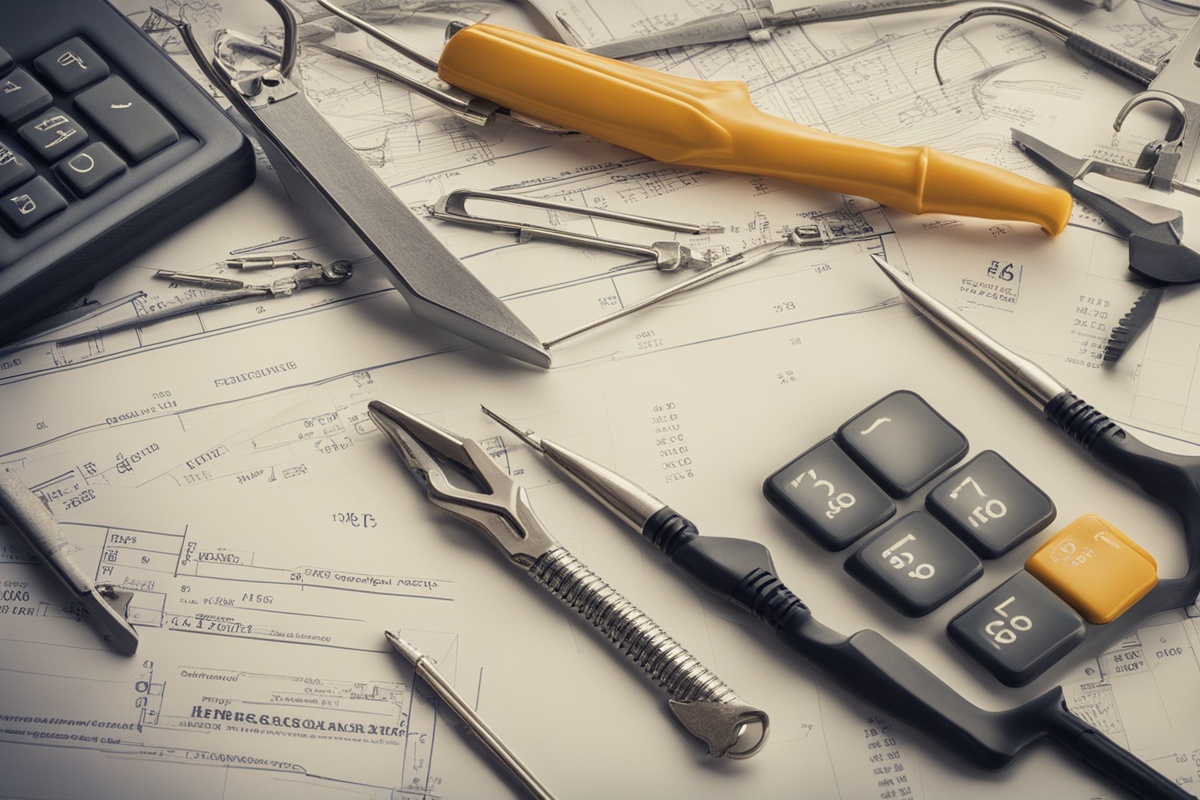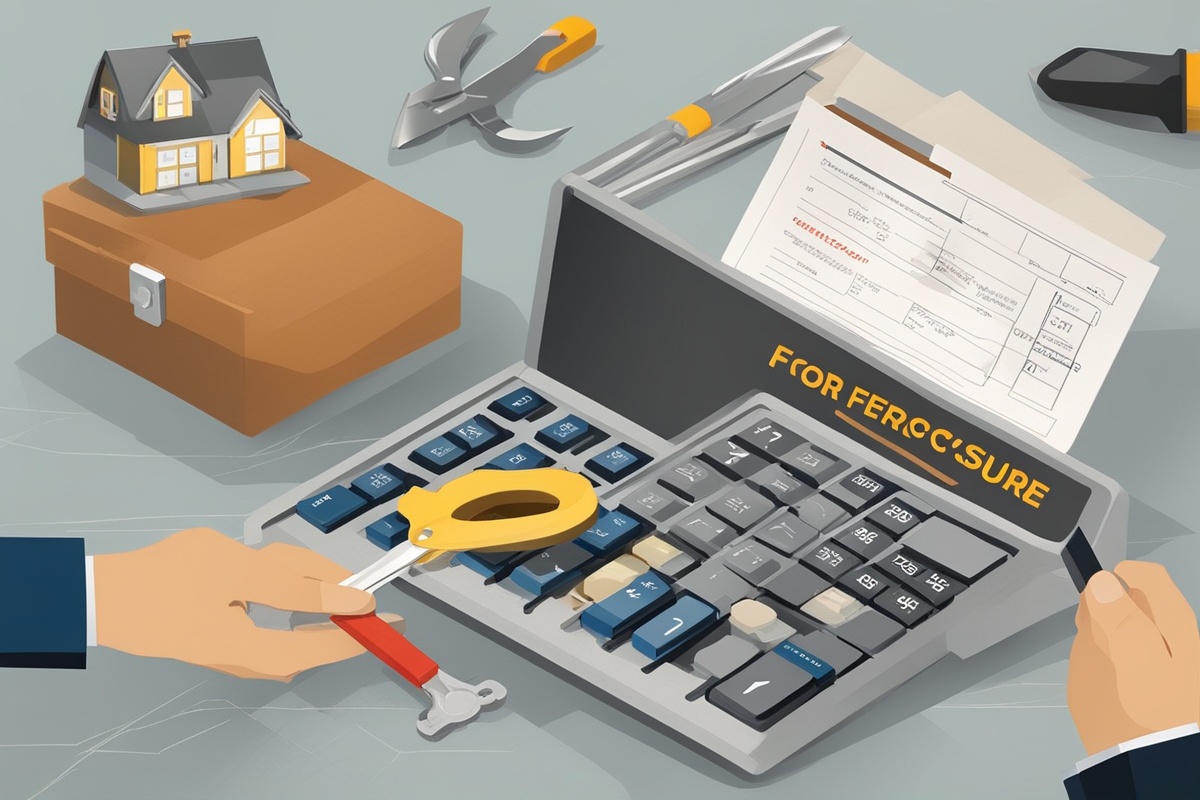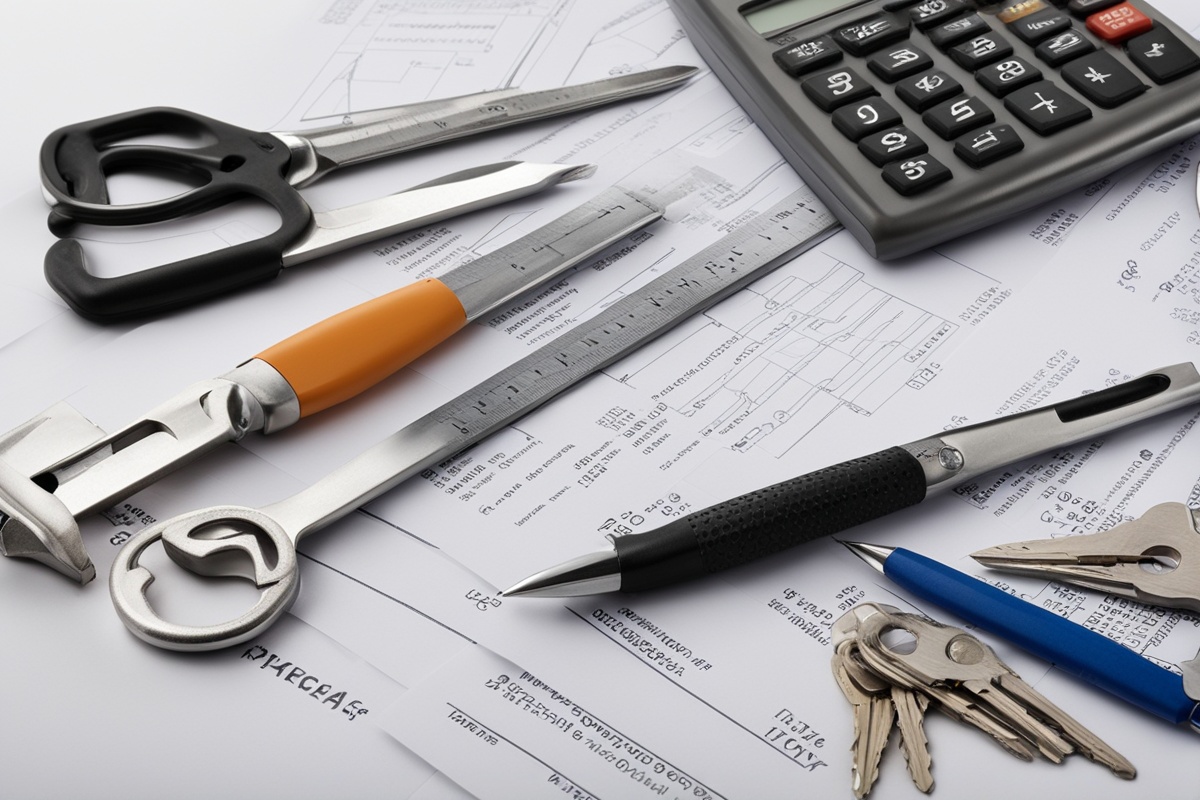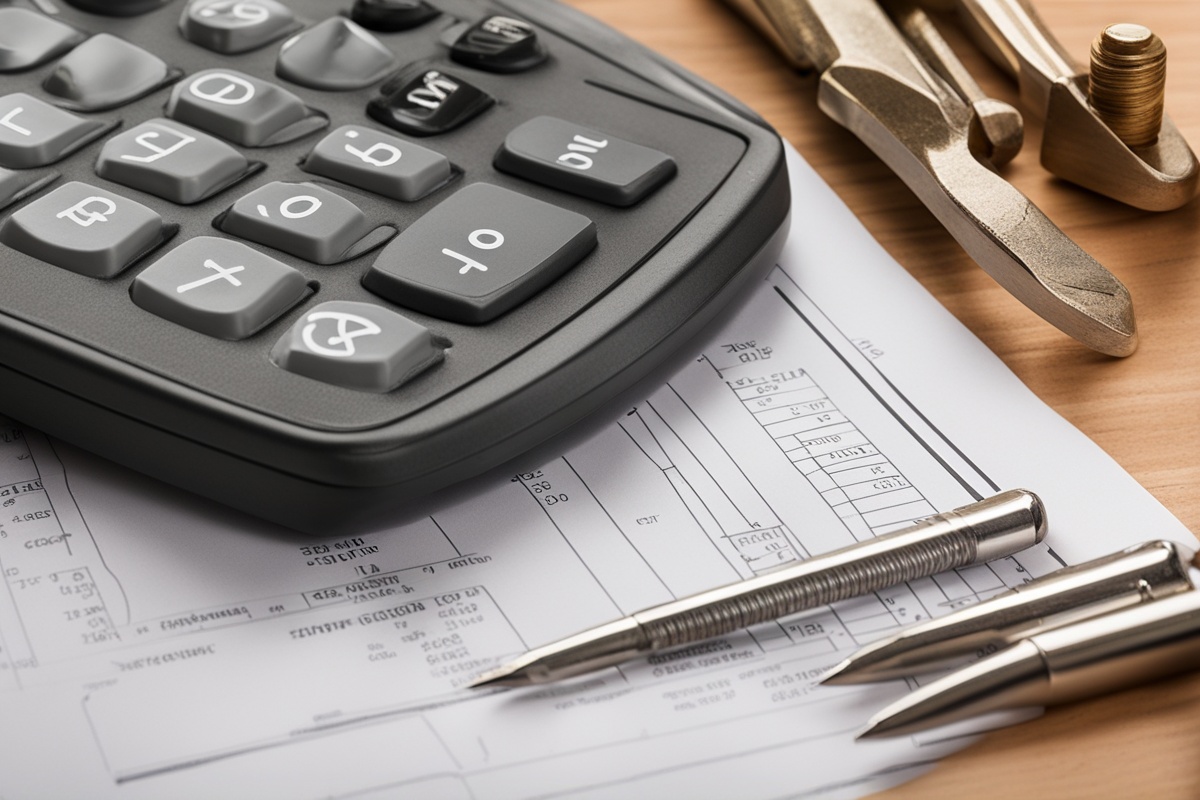Buying or selling a home is one of life’s biggest decisions, isn’t it? Whether you’re a first-time buyer dreaming of that perfect fixer-upper or a seasoned homeowner looking to cash in on years of equity, knowing the true value of a property is the foundation of any smart move. That’s where an Accurate Home Value Estimator comes in—a tool designed to cut through the guesswork and give you a clear picture of what a home is really worth. But let’s be honest: not all estimators are created equal, and relying on a shaky number can lead to costly mistakes. So, how do you find a tool you can trust, and what should you even look for?
Before we dive in, a quick disclaimer: This article is for informational purposes only, based on general research and personal experience—it’s not a substitute for professional real estate advice, appraisal, or financial guidance. The housing market is complex and varies widely by location, economic conditions, and individual property factors. Always consult a qualified real estate agent, appraiser, or financial advisor for personalized guidance tailored to your specific situation. My goal here is to arm you with knowledge, not to make decisions for you.
What Is an Accurate Home Value Estimator, and Why Does It Matter?
At its core, an Accurate Home Value Estimator is a digital tool or algorithm that crunches data—think recent sales, local market trends, property features, and more—to estimate a home’s market value. It’s like having a mini-appraiser at your fingertips, minus the hefty fee. But here’s the kicker: the accuracy of these tools can make or break your plans. Overestimate your home’s value, and you might sit on the market for months with no offers. Underestimate it, and you could leave thousands on the table. I’ve seen it happen—friends who priced too high based on a dodgy online estimate and had to slash their asking price after weeks of silence.
Why does accuracy matter so much? Imagine you’re selling your family home in a competitive market. You plug your address into a free estimator and get a number that seems too good to be true. Spoiler: it probably is. Without understanding how that figure was calculated, you risk setting unrealistic expectations. A reliable estimator, on the other hand, gives you a grounded starting point to work with agents or buyers. It’s not just about dollars and cents—it’s about peace of mind.
How Do Accurate Home Value Estimators Work?
Ever wonder what’s happening behind the scenes when you hit “calculate” on a home value tool? Most estimators pull from a mix of public data sources like county records, Multiple Listing Service (MLS) databases, and historical sales. They layer in variables like square footage, number of bedrooms, location, and even nearby amenities (think schools or parks). Some of the fancier ones use machine learning to spot trends—pretty cool, right?
But here’s where it gets tricky: no two tools use the exact same formula. One might weigh recent sales more heavily, while another prioritizes neighborhood appreciation rates. Take Zillow’s Zestimate, for instance. It’s widely used, but Zillow itself admits its median error rate hovers around 1.9% for on-market homes and jumps to 6.9% for off-market ones. That’s a big swing if you’re dealing with a $500,000 property! The lesson? Don’t treat any single estimate as gospel. Cross-check with multiple tools and, better yet, local market insights.
What Makes an Estimator Truly Accurate?
Not all home value estimators are cut from the same cloth. If you want numbers you can trust, look for these key traits:
- Up-to-Date Data: The housing market moves fast. An estimator using stale data from six months ago won’t reflect current trends. The best tools refresh their databases regularly.
- Localized Insights: National averages mean nothing if your neighborhood is an outlier. A good estimator drills down to hyper-local comps (comparable sales).
- Transparency: Does the tool explain how it arrived at its number? If it’s a black box, be skeptical. Trustworthy platforms often share their methodology or error margins.
- User Input: Some estimators let you tweak details—like recent renovations or unique features—that public records might miss. That customization can sharpen the results.
I learned this the hard way a few years back while helping a relative list their home. We used a popular estimator that didn’t account for their newly remodeled kitchen. The estimate was laughably low compared to what a local agent suggested after seeing the upgrades. Lesson learned: accuracy often depends on the tool’s ability to adapt to specifics.
Limitations of Home Value Estimators: What They Can’t Tell You
Let’s keep it real—even the most accurate home value estimator has blind spots. These tools can’t walk through your home and notice the creaky floors or the stunning view from the backyard. They don’t know if your street is the “hot” spot everyone’s buzzing about or if a new highway project is tanking nearby values. And emotional factors? Forget it. Buyers might pay a premium for a home tied to childhood memories, but no algorithm can price nostalgia.
Here’s a real-world example: a colleague of mine got an online estimate for his suburban property that looked spot-on based on comps. But when an appraiser visited, they docked the value due to an outdated HVAC system—something the estimator couldn’t detect. The takeaway? Use these tools as a starting point, not the final word. Pair them with boots-on-the-ground expertise from a realtor or appraiser who can spot the nuances data misses.
How to Use an Accurate Home Value Estimator Effectively
Ready to put an estimator to work? Don’t just punch in your address and call it a day. Follow these steps to get the most out of it:
- Compare Multiple Tools: Test at least three estimators—like Zillow, Redfin, or Realtor.com—and note the range. If they’re wildly different, dig into why.
- Update Property Details: If the tool allows, input specifics like recent upgrades or lot size. Little details can nudge the estimate closer to reality.
- Check Local Trends: Look up recent sales in your area on sites like your county’s property records portal. Does the estimator’s number align with what’s actually selling?
- Talk to a Pro: Once you’ve got a ballpark figure, bounce it off a local real estate agent. They’ll know if the estimate holds water in your market.
Think of it like baking a cake—you wouldn’t rely on just one recipe without checking if the ingredients match your pantry, would you? Cross-verifying ensures you’re not betting on a flawed figure. For more on navigating property data, check out our guides on understanding real estate market trends, getting the most from a home appraisal, and factors that influence property value.
Top Tools for Finding an Accurate Home Value Estimator
So, where do you start? While I’m not endorsing any specific platform (everyone’s needs differ), here are a few widely recognized options known for striving toward accuracy:
- Zillow Zestimate: Popular and user-friendly, with a decent track record for on-market homes. Just watch for off-market discrepancies.
- Redfin Estimate: Often praised for tighter error margins in urban areas, thanks to its focus on MLS data.
- Realtor.com: Pulls from a broad dataset and offers insights tied to local agent networks, which can add context.
Each has strengths and quirks, so play around with them. A buddy of mine swore by Redfin when selling his condo in Seattle because it nailed the comps in his building, while Zillow was way off. Your mileage may vary—test them against your local market and see which feels right.
Final Thoughts: Balancing Tech and Human Insight
At the end of the day, an Accurate Home Value Estimator is a powerful ally, but it’s not a crystal ball. It can guide you, inform you, and save you time, but it can’t replace the human touch of a seasoned real estate pro who knows your corner of the world inside out. Think of it as a trusty sidekick—helpful, but not the hero of the story. Have you used an estimator before? Did it match up with reality, or were you left scratching your head? I’d love to hear your experiences.
By blending tech-driven estimates with on-the-ground expertise, you’ll be better equipped to buy, sell, or just satisfy your curiosity about what your home is worth. So, take that first step—plug in your address, see what the numbers say, and start asking the right questions. Your dream deal might be closer than you think.
References
- Zillow Research: Zestimate Accuracy Report 2023
- Redfin News: Understanding the Redfin Estimate Accuracy
- National Association of Realtors: Housing Statistics and Market Data
- Federal Housing Finance Agency: House Price Index Data
This content is for informational purposes only and not a substitute for professional advice.





